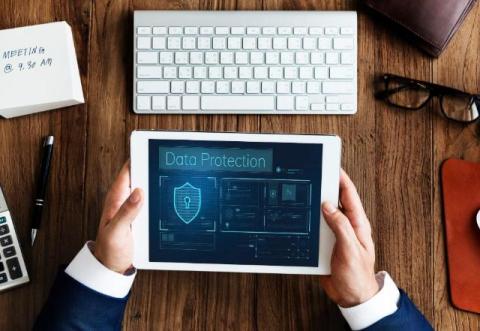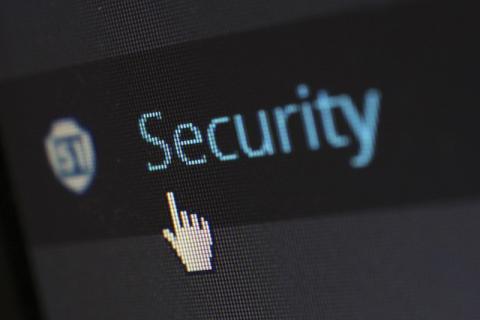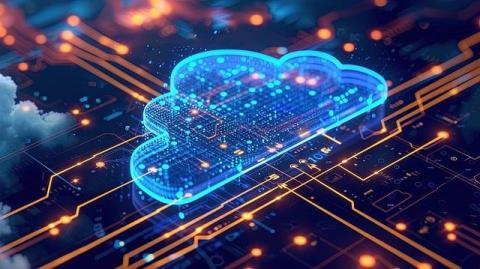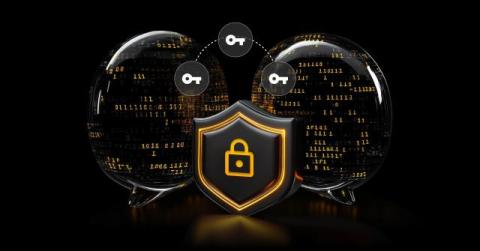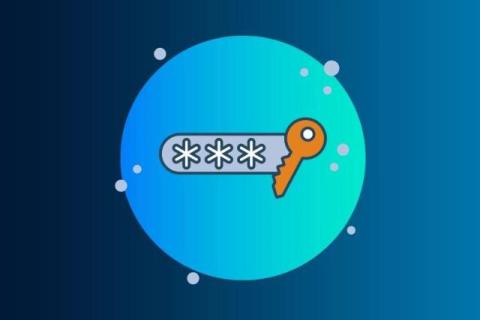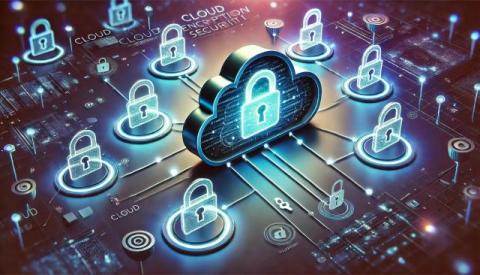Cloud Storage With Zero Knowledge Encryption: Which One is The Best?
If you’re considering a private storage solution for your files online, you may have heard the term zero-knowledge encryption (ZKE). ZKE stands out from other cloud providers because it emphasizes privacy. By choosing cloud storage with zero-knowledge encryption, you are given full control over the security and privacy of your files, and you will protect them from companies like Google, who use your data for profit or to train their AI models.



